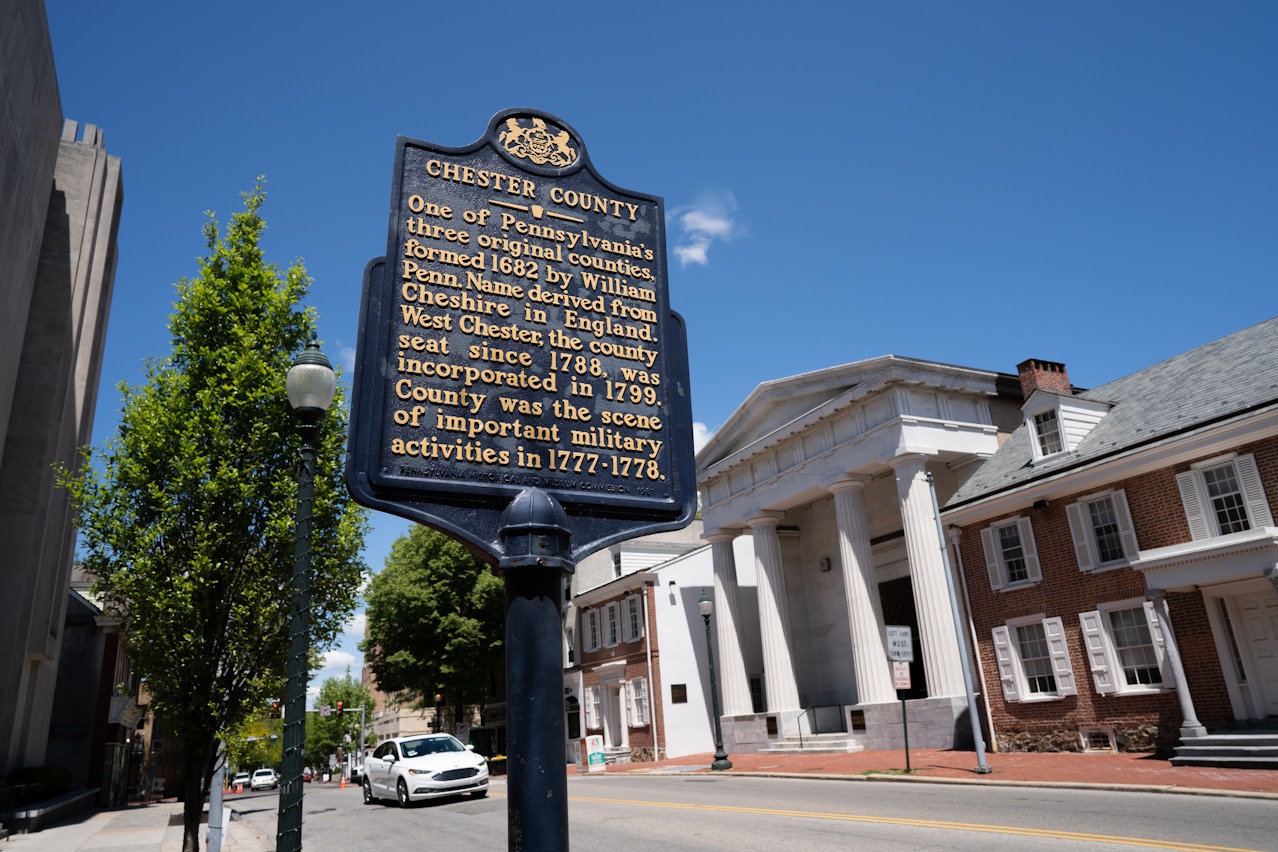‘My Plea for a Community That I Love’: Embattled Chester Mayor Speaks Out

“We’re the oldest city in the Commonwealth of Pennsylvania,” says Chester Mayor Thaddeus Kirkland. But, as he was painfully aware, it is also the only one in danger of being wiped off the map.
Founded in 1682, Chester was where William Penn first disembarked into the province that still bears his name. The city’s courthouse is the oldest public building still standing in the United States. It saw action during the Revolutionary War. It was known as a “Saloon Town” in the early 20th century. Its Sun Shipbuilding was at one time the largest shipyard in the world.
But after decades of financial chaos and mismanagement, Chester now teeters on the edge of insolvency, with the state-appointed receiver suggesting that dissolution may be the inevitable fate of the 350-year-old city.
Kirkland is determined to avoid that outcome.
“For them to even mention disincorporation is simply wrong,” he said.
Kirkland began his tenure as mayor of Chester in 2016. A former state representative for 23 years starting in 1993, he took the city’s reins after it had been financially struggling for years.
Chester first entered state financial oversight under Pennsylvania’s Act 47 in 1995. Kirkland said when he came aboard as mayor, “We worked with [state officials] hand in hand. Everything was fine. We were moving in the right direction.”
“Then COVID hit,” he said. “When it hit, it changed everything for the worse.”
Other officials have disputed the narrative that COVID changed things. Receiver Michael Doweary has noted the city lost nearly $7 million in 2019, which Doweary said was “the seventh annual loss in eight years.”
Kirkland said the city was promised, “serious financial support to help us with our pension problems.”
“At the onset, there was a lot of work that was done together between myself and the receiver,” he said. “But then things started getting a little dicey. During that period, I took offense to some things; he took offense to some things.”
Tensions persisted between city officials and the state’s appointee. Kirkland said the receiver sought to remove the authority of city council members to head up departments, something the council was unwilling to concede.
Still, “we reduced staff at the receiver’s request. We reorganized in various departments.”
Kirkland said during his time as mayor, he had overseen deliberations for selling the Chester Water Authority to the private company Aqua PA. That controversial proposal has been ensnarled in court proceedings for many months.
Both Chester residents and CWA itself have opposed the plan, with residents fearing that Aqua would greatly increase rates once it acquired the water system. CWA, meanwhile, has argued the city council lacks the authority to sell off CWA’s assets.
“We’ve also talked of bringing developers in to develop housing in downtown Chester,” Kirkland said. He added the city “just did some groundbreaking” on “a $55 million expansion of Philadelphia Union’s facility” in the city. “It would draw people from all across the country to that area.”
Kirkland said the city has also worked to address its massive outlay crisis, specifically its pension obligations, which he said were “the biggest headache” on the city’s budget.
“We’ve modified some things so folks don’t walk out of here with these huge pensions anymore,” he said.
The city’s pension struggles have also resulted in downstream personnel decisions.
“Some police officers are retiring or walking away because of the pension situation,” he said. “They don’t feel like the future looks bright. It’s now difficult to retain police officers.”
Kirkland said the receiver’s office has indicated that the city may be disincorporated as early as “the end of the year.”
“I will credit them with saying that’s not what they want to do,” he said. “But if things don’t turn around, that’s what will happen.”
To try and stave off further financial collapse, Kirkland said he and a delegation from Chester planned to travel to Harrisburg this week to petition the Pennsylvania government for relief using the state’s “Rainy Day Fund” of nearly $8 billion.
“I’m going to meet with the governor’s office,” Kirkland said. “My goal is to meet with the members of the appropriations committee, the Pennsylvania Legislative Black Caucus, and the Speaker of the House. Hopefully, I’ll have the chance to meet with members of the [Department of Community and Economic Development] to talk to them about the needs of Chester, how they can be helpful, if they can be helpful, to the city of Chester.”
The mayor said that nearly a quarter-century as a state representative has given him relationships in Harrisburg he hopes will see Chester through the crisis.
“I want to be able to talk to the legislators,” he said, “to make my pitch and plea for a community that I love and a community they should not leave behind, cannot leave behind.”
“There’s $8 billion in the state’s Rainy Day Fund,” he added. “Well, it’s storming right now, and we could use that umbrella.”



